In memory of the bright minds of the country on the Day of Remembrance of the Victims of Political Repression in Kazakhstan. In 2024, Ilyas Zhansugurov, the "Kulager" of Kazakh poetry, would have been 130 years old.
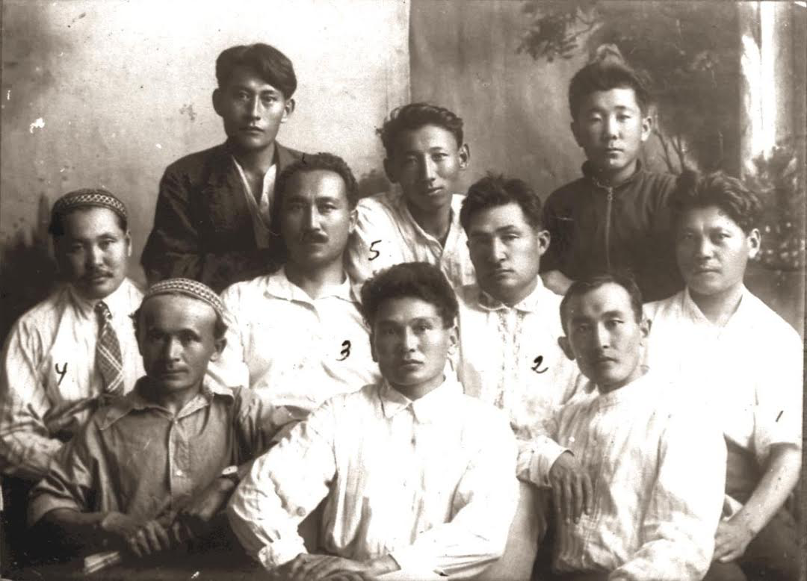
Ilyas Zhansugurov was born on May 14, 1894. He lost his mother early, his father, a master and blacksmith Dzhansugur, raised his son. Ilyas Zhansugurov's childhood and adolescence were spent in the aul of Akuy volost of the Semirechensk region.
The boy's creative nature manifested itself very early. Ilyas skillfully played the dombra, studied folk literature, and improvised himself. He was attracted to aitys between local akyns. Soon he himself became a storyteller, loved to participate in improvisation competitions, and repeatedly won them.
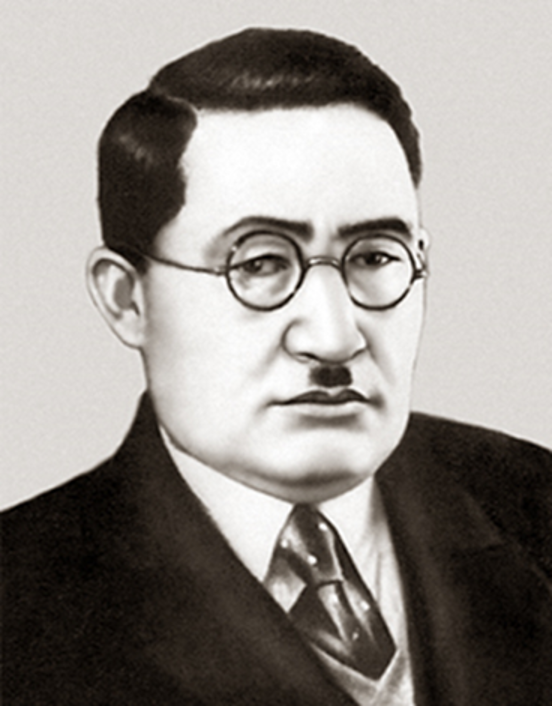
Ilyas Dzhansugurov continued his studies at the "Mamaniya" madrasah - a center of knowledge in Zhetysu in the late XIX and early XX centuries. Here he got acquainted with the works of Abai, Shan-Girey, Baitursynov and other creators of national culture. At the same time, the young man's first poems about love, the beauty of native nature, about folk singers and musicians are born.
In the early 1920s, Ilyas Zhansugurov entered short-term teacher courses in Tashkent, participated in an expedition of ethnographer Abubakir Divaev, who collected folklore in Turkestan and a number of regions of the region. After training in the courses, the young teacher teaches children in a rural school in his district. At the same time, an interest in journalism appears: he collaborates with the newspapers "Tilshi" and "Ak Zhol".
Soon Ilyas Zhansugurov is invited to the Institute of Public Education in Verny (Almaty), later he became its head. In the second half of the 1920s. Ilyas Zhansugurov lives in Moscow as a student of the Communist Institute of Journalism. Here he had the opportunity to move in literary circles. He meets with Vladimir Mayakovsky, Demyan Bedny, Eduard Bagritsky, Mikhail Svetlov and other famous writers. Having received higher education, Zhansugurov becomes the first professional journalist in his homeland. As a staff specialist, he works in the publication "Eńbekshі қazaқ" (now "Egemen Kazakhstan"). But along with journalism, he continues to engage in literary work, writes poetry.
In 1932, Ilyas Zhansugurov received a new appointment— he headed the commission that was preparing the congress of Kazakh writers, and then became the head of the republican Union of Writers. In 1934, he participated in the work of the 1st Congress of Soviet Writers in Moscow, and made a report on how national literature is developing in the republic.
Ilyas Zhansugurov's work is diverse, a rich literary heritage remains, he created in different genres: the poem "Steppe", which reflects important stages in the history of Kazakhstan. Or the famous work "Kulager" - a poem that has become a classic of Kazakh literature. Ilyas Zhansugurov - "Kulager" dedicated to the poet and musician of the XIX century Akan-Sere Koramsa-uly. The work tells about the dramatic episode of his life — the death of the composer's favorite horse – Kulager. The poem became one of the most tragic works in national literature. These are the author's revelations about the life of the people and the irreparable loss of the Kazakhs from the changes in the steppe.
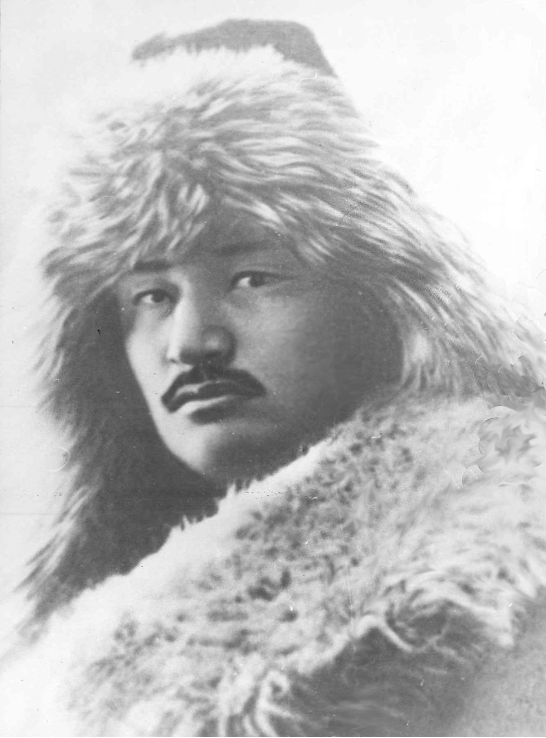
In the poems "Kui", "Kuiishi", "Dala", Zhansugurov showed himself as a connoisseur of national music. In his work, he also acted as a playwright, wrote theatrical plays- "Kek", "Turksib", "Isatai – Makhambet".
Ilyas Zhansugurov actively participated in the compilation of textbooks for schools and the first Kazakh calendar, was engaged in literary criticism, preparation for publication of works of Kazakh folklore, artistic translation of classical works into the Kazakh language: poems and prose by G. Heine, V. Hugo, A. Pushkin, M. Lermontov, N. Nekrasov, M. Gorky, V. Mayakovsky.
Zhansugurov's creative heritage includes 15 poems that have entered the treasury of Kazakh poetry. In addition to all the famous works, one can mention the novel "Zholdastar", in which he described the events of the national liberation uprising of 1916.
Ilyas Zhansugurov was the editor of Kazpolitizdat and the first chairman of the Union of Writers of Kazakhstan in 1934 (until his arrest).
In his personal life, the poet was happy. He was married to a bright and educated woman of that period, Fatima Gabitova, who became his muse. Together they raised three sons and two daughters.
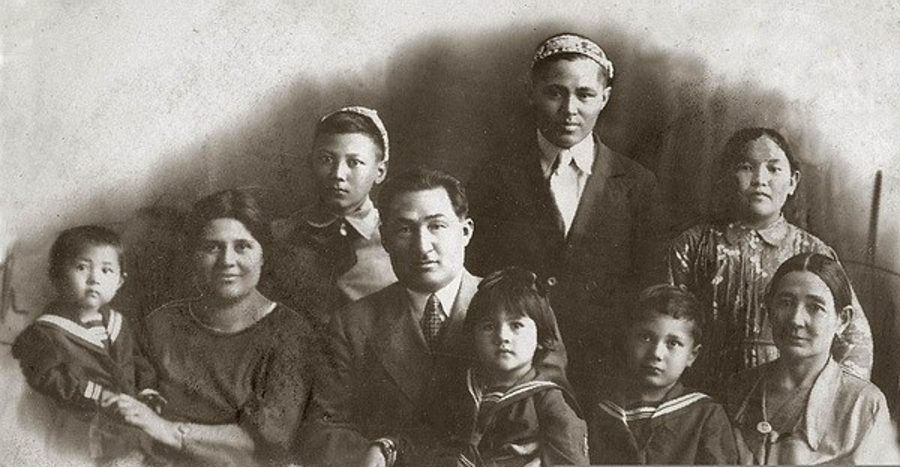
But 1937 came - a wave of repressions rose, which primarily affected prominent representatives of the Kazakh intelligentsia. He was accused on a false denunciation of creating a hostile organization, attempting to raise a national uprising and terrorist acts.
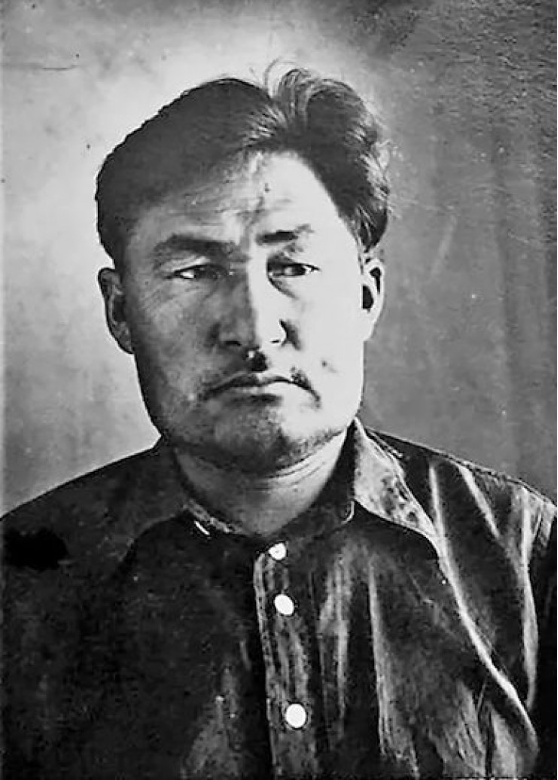
After the arrest and death of Ilyas Zhansugurov, his works were banned, publications were removed from library collections, and the existence of the archive was threatened. But part of it was preserved by relatives, something was found in the archives of the NKVD. The fate of the repressed poet was unknown to relatives for a long time. Only after decades, relatives were able to find out about the fate of the poet, that he was shot in 1938 and buried in a common grave not far from Almaty.
Posthumous rehabilitation almost a quarter of a century later brought back to life the wonderful works of the great Kazakh poet and playwright. (in 1957)
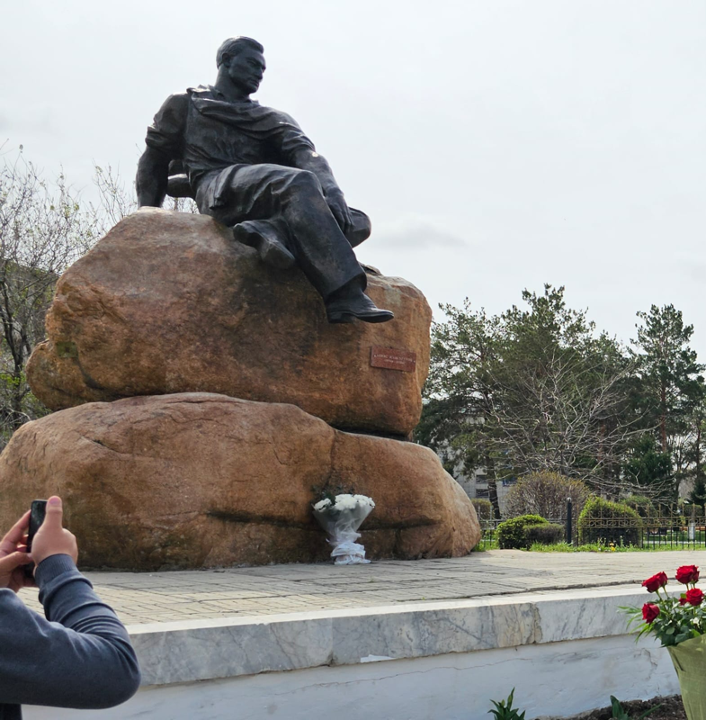
Independent Kazakhstan preserves the memory of the talented classic of national literature, belonging to the first wave of the Kazakh intelligentsia. The Zhetysu State University in Taldykorgan is named after the outstanding Kazakh poet and playwright Ilyas Zhansugurov. There is also a literary and memorial museum dedicated to the life and work of the poet, streets, libraries, monuments in major cities of the country, and collector coins have been issued.
(photo from open sources)